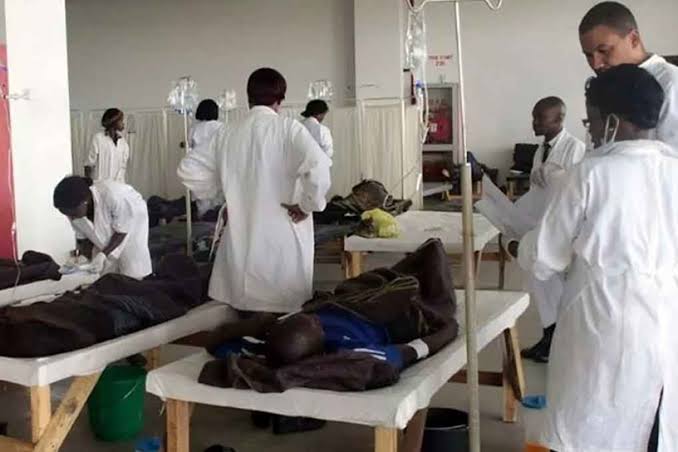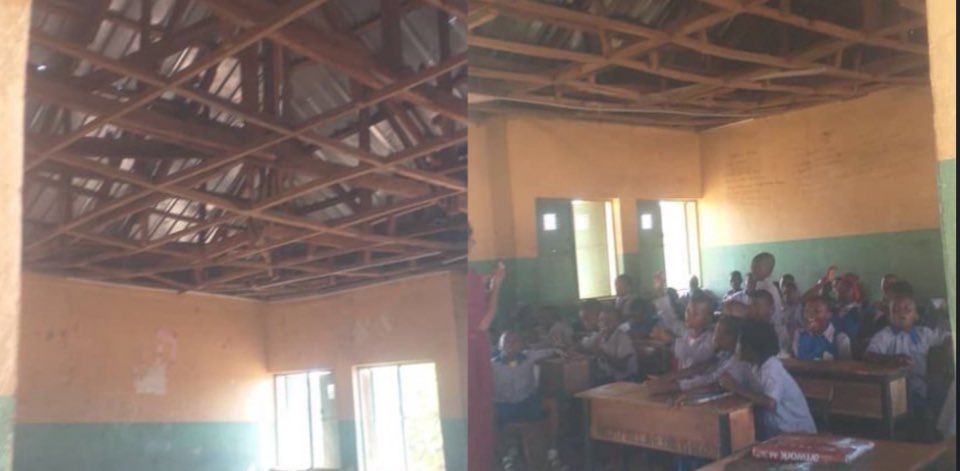The cholera situation in Angola has reached alarming levels with over 8,500 confirmed cases and 329 deaths reported as of March 23, 2025. This public health emergency now affects 16 of Angola’s 21 provinces, with authorities struggling to contain its rapid spread.
Crisis Deepens Across the Country
Luanda, Angola’s capital, bears the heaviest burden with 4,143 documented cases, followed closely by Bengo Province with 2,485 infections. Last week marked a grim milestone as weekly cases surged to 1,200—the highest number recorded since the outbreak began.
Health officials have raised particular concern about the timing of medical intervention, noting that approximately one-third of all fatalities occur before patients can receive professional care. This highlights the critical importance of early detection and prompt treatment.
Demographic Patterns Emerging
The outbreak shows distinctive demographic patterns, with children and young adults under 20 representing a significant portion of those affected. The 6-14 age group accounts for 23.1% of all infections, while the gender distribution reveals that men constitute 55.3% of cases.
Coordinated Response Efforts Underway
Angola’s Ministry of Health has partnered with the World Health Organization and other international agencies to implement comprehensive countermeasures. These include:
- Deployment of specialized rapid response teams to high-risk communities
- Enhanced surveillance systems for early case detection
- Community-based education campaigns promoting hygiene practices
- Strategic vaccination initiatives
The vaccination campaign has shown promising results, with 900,000 individuals immunized during January’s first round, achieving 99.5% coverage in targeted areas. A shipment of 700,000 additional vaccine doses arrived in mid-March to support the second phase of immunization efforts.
Persistent Challenges Threaten Progress
Despite these interventions, several factors continue to complicate containment efforts. Ongoing rainy season conditions create favorable environments for the cholera bacteria to thrive, while cross-border movements with neighboring countries experiencing their own outbreaks increase transmission risks.
The WHO has assessed the risk of further spread as “very high,” emphasizing the need for sustained vigilance and coordinated action.
Public Health Advisory
Health authorities are urging all Angolans to remain alert to potential symptoms—severe diarrhea, vomiting, and signs of dehydration warrant immediate medical attention.
“Early treatment remains our most effective tool for preventing deaths and limiting transmission,” explained a Ministry of Health spokesperson. “Communities must recognize the warning signs and seek care without delay.”
As Angola confronts this growing public health challenge, both government efforts and community involvement will be essential to turning the tide against this devastating outbreak.








Leave a Reply